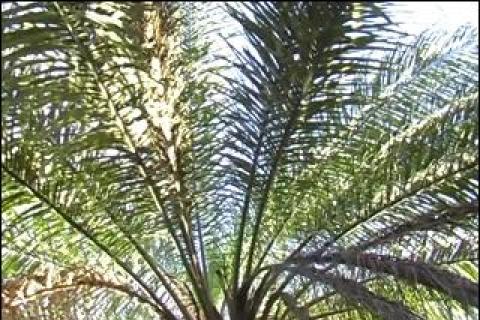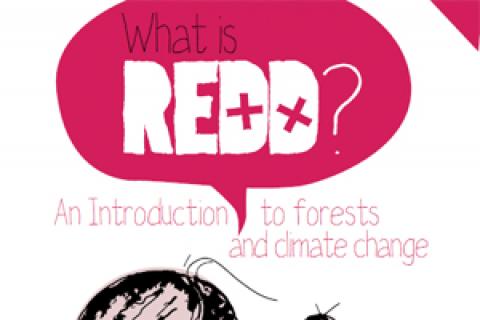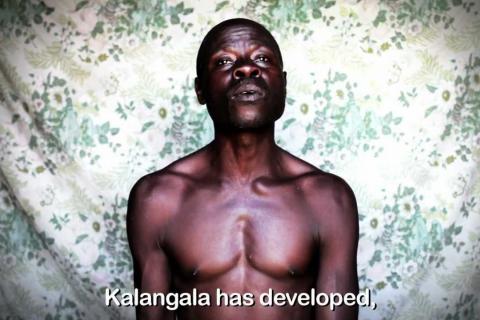EJOLT (Environmental Justice Organisations, Liabilities and Trade) is an ambitious collaborative project that brings together 23 environmental organizations and academic institutions to catalogue ecological distribution conflicts and produce material for use by environmental justice organizations in their struggle against environmental injustice (see www.ejolt.org).
Other information
The Carbon Connection, is a Fenceline Films presentation in partnership with the Transnational Institute Environmental Justice Project and Carbon Trade Watch, the Alert Against the Green Desert Movement, FASE-ES, and the Community Training and Development Unit.
La Via Campesina is gathering information on actions organized around the world against land grabbing and in support of agrarian reform, food sovereignty and other demands in the framework of the International Day of Peasant Struggle, April 17. Information should be sent to viacampesina@viacampesina.org, and all activities will be recorded on the map available at: http://viacampesina.org/map/17april/map.html
Numerous social organizations from the Democratic Republic of Congo (DRC) met together with local and traditional authorities in the province of North Kivu on March 23-24 to consider the impacts of oil exploration and drilling by the multinational oil company SOCO in Virunga National Park.
Chinese lawyer Yang Zaixin has been imprisoned in Beihai, Southern China since June 2011. We urge you to support a petition that demands that the Finnish government and company Stora Enso take action to end his unjust imprisonment. Finnish-Swedish company Stora Enso is planning to build massive board and pulp mills in Beihai city in Guangxi, Southern China. The project began in 2002 and has been surrounded by controversy and accusations of misconduct.The tree plantation and pulp mill project has displaced local people of their lands without their free and prior consent.
A number of international civil society organizations and social movements have joined together to issue a statement against what they call the “corporate capture” of Rio+20: the zero draft of the conference declaration highlights the role of business as promoter of the so-called “green economy”, while failing to hold business accountable for its role in creating the financial, climate, food and other crises.
By Carbon Trade Watch
This booklet aims to decode REDD+ * which is a focus in the international climate change debates. It will explore key ideas behind the complexities of REDD+ which link lands, forests and climate change. Although there are many ways different communities understand this link, this booklet aims to introduce and problematize the terms that are used in the REDD+ debate
The article: “Environmental services and the promotion of the commodification and financialization of nature: Forests, tree plantations and the green economy” published in last WRM bulletin Nº 175, raised a complaint from the NGO Forest Trends. The complaint concerned the information given in such article on the lack of public input for the approval of a law promoting trade in environmental services in Acre, Brazil.
March 14 is the International Day of Action For Rivers and Against Dams, when several voices raise against destructive water development projects including dams, reclaiming the health of watersheds, and demanding the equitable and sustainable management of rivers.
Several social organizations from different parts of the world have signed and published the briefing “Carbon markets will not deliver for Southern governments, forests and people
A broad coalition of organizations from around the world released the first global civil society declaration to outline principles that must be adopted to protect public health and the environment from the risks posed by synthetic biology and to address its economic, social and ethical challenges.



